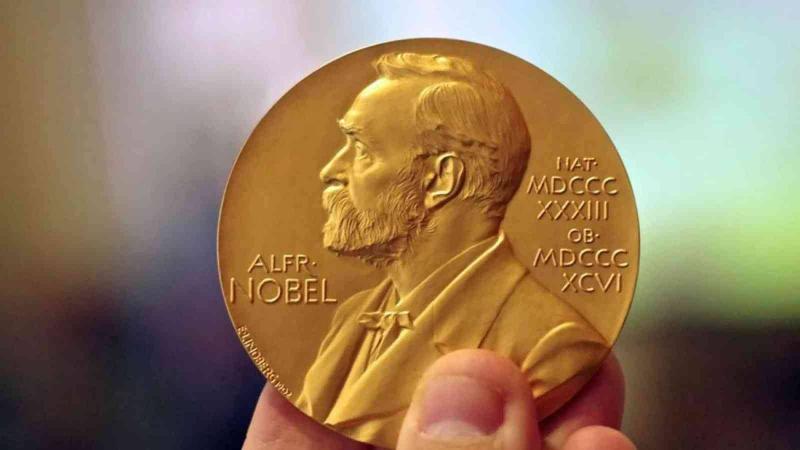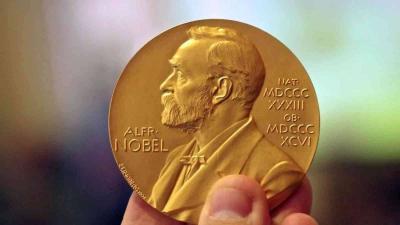Three scientists, the American-Japanese-born Syukuro Manabe, the German Klaus Hasselmann, and the Italian Giorgio Parisi, were awarded the Nobel Prize in Physics for 2021 today, Tuesday, for their contributions to understanding complex physical systems such as climate change on Earth. Half of the prize, which amounts to ten million Swedish Krona (1.15 million USD), is jointly awarded to Manabe (90 years old) and Hasselmann for their model of the Earth's climate and their predictions of global temperature rise based on reliable foundations. The other half goes to Parisi for discovering "hidden rules" behind the seemingly random movements of gases and liquids.
The Swedish Academy of Sciences stated, "Complex systems are characterized by randomness and disorder, making them difficult to understand... This year's prize acknowledges the innovative methods in describing these systems and predicting their long-term behavior." Manabe is currently working at Princeton University in the United States, Hasselmann at the Max Planck Institute for Meteorology in Hamburg, Germany, and Parisi at Sapienza University in Rome.
The Physics Prize is the second Nobel Prize awarded this week, following the awarding of the Nobel Prize in Medicine to American scientists David Julius and Ardem Patapoutian for their discoveries in the field of heat and touch receptors in the skin. The Nobel Prizes for achievements in science, literature, and peace are financed according to the will of Alfred Nobel, the Swedish entrepreneur who invented dynamite, and have been awarded to winners since 1901, with few exceptions due to the disruptions caused by the world wars.
As in the previous year, no award ceremony will be held in Stockholm due to the COVID-19 pandemic, and winners will receive their awards in their home countries. In the coming days, the Nobel Prizes in Chemistry, Literature, Peace, and Economics will also be announced. The Nobel Prize in Physics typically holds a prominent position among the Nobel Prizes, as it is awarded to those who have made significant achievements in our understanding of the universe. Previous winners include Albert Einstein and the couple Pierre and Marie Curie. Last year, British scientist Roger Penrose, German Reinhard Genzel, and American Andrea Ghez won the Nobel Prize in Physics for their discoveries regarding one of the most unusual natural phenomena, black holes.




